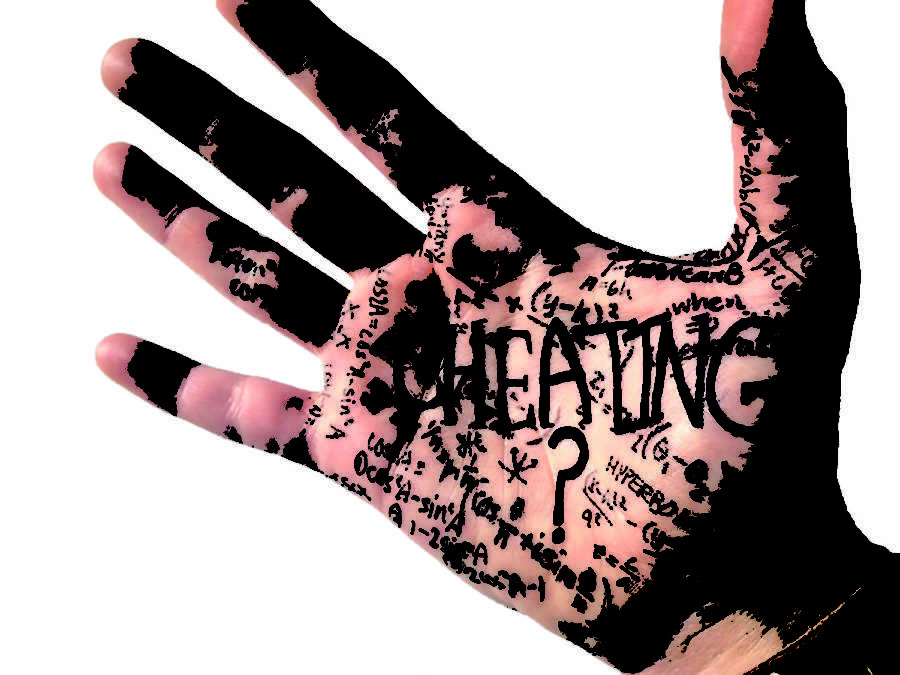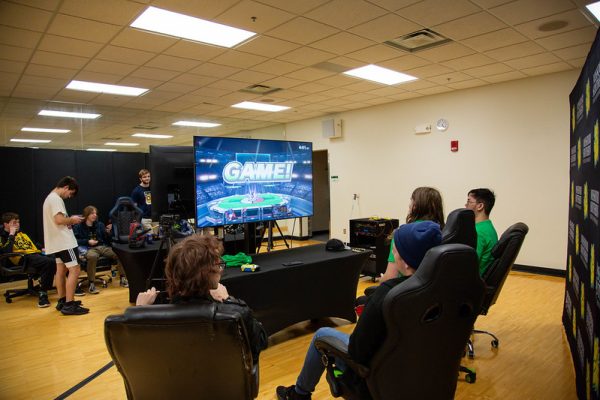How it impacts everyone
Cheating
Academic dishonesty is “short-lived gain with long-term consequences,” said Dr. Wendy McGrane, assistant provost at Missouri Southern.
“One thing students don’t realize is, as soon as they’re on this campus, everything they do can affect how far they can go,” said Dr. Paula Carson, provost and vice president for academic affairs.
McGrane also pointed out, “If a student fails a class for cheating, it stands out on their transcript, especially on graduate school applications. Cheating can keep students from receiving recommendations. There are a lot of things students don’t think about when they cheat.”
“Cheating not only can hurt the individual through repercussions, but it also hurts the institution,” Carson said. “Professors take time to document cheating for due process for students. That distracts from grading and giving feedback. Another problem for the institution happens when publicly reported academic dishonesty devalues the institution and students from that institution. I find this the most offensive part about cheating.”
She added, “In my academic career, cheating is more prevalent in high-achieving students. This is concerning in students in fields where trust is important.”
Carson went on to say, “The philosophical justifications people use are interesting. Some students think it’s okay because they aren’t hurting anyone.”
“There is a whole lot of rationalizing of those decisions,” McGrane said.
“Is it a generational thing that millennials are so open and used to working in groups? People facilitating cheating seem to think they are giving generously,” said Carson.
Both Carson and McGrane say some of the problem is due to students not being completely prepared for college coursework.
“Some students seem to have a true misunderstanding of what academic integrity is,” Carson said. “K-12 students are taught teamwork. Then they get to college and it’s individual work. It’s hard for students who’ve been taught on the collaborative model.”
“There are so many changes for freshmen,” McGrane said. “They don’t always have the time management skills necessary for success.”
Regarding the frequency of academic dishonesty at Missouri Southern, Carson said, “I think for me, I’ve seen much fewer cases of academic dishonesty in this institution than in others.”
More specifically, McGrane said, “There have probably been less than five cases of academic dishonesty in the past two years that have made it to the academic affairs office.”
Your donation will support the student journalists of Missouri Southern State University. Your contribution will allow us to purchase equipment and cover our annual website hosting costs.

































